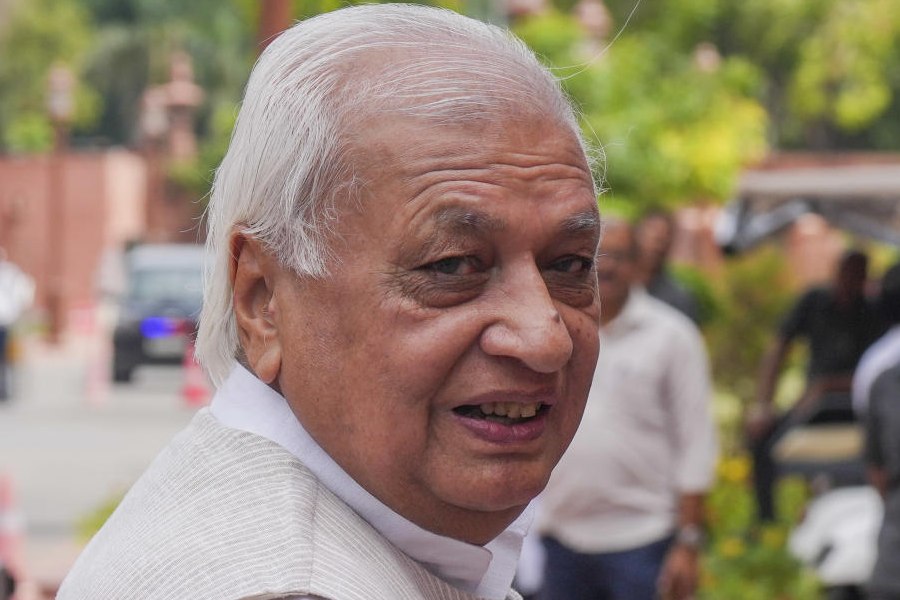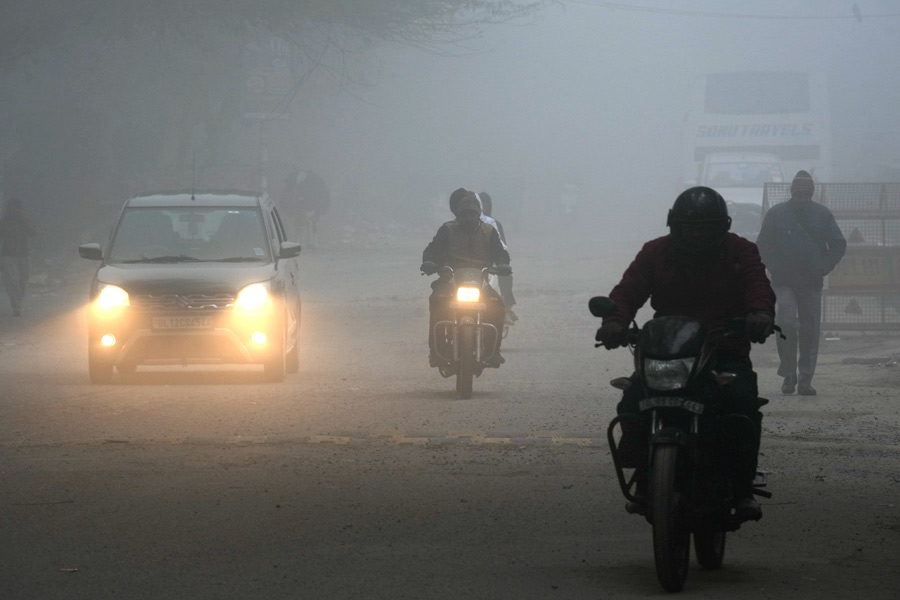The state government’s pause on the collection of fees for entry to reserve forests has emerged as a stumbling block to the conservation of wildlife and measures to tackle animal attacks.
The forest department used to share around 40 per cent of the entry fees with joint forest management committees comprising residents of villages on the fringes
of jungles.
“The funds were used by the villagers for infrastructure development in their areas. In fact, in some villages, they would use a portion of the funds to hire vehicles and buy crackers and other items to ward off marauding elephants,” said a
senior forester.
He pointed out that one of the principal reasons for forming the committees and handing over a share of the earnings to the panels was to ensure that the villagers worked in tandem with the department for the conservation of nature and wildlife.
“We have no idea from where we will get the funds following the pause on the collection of the entry fees. There are doubts whether the government will shell out the money from its coffers,” said the forest department officer.
Sources in the department said in the last fiscal (2023-24), the highest earning in terms of collection fees was in the Buxa Tiger Reserve (west) division (₹1.37 crore). The national parks of Gorumara, Jaldapara and Singalila collected ₹23 lakh, ₹9 lakh and ₹74 lakh, respectively. The Chapramari Wildlife Sanctuary collected ₹22 lakh as the entry fees from visitors and vehicles.
A section of foresters pointed out that the entry fee of ₹150 per person and ₹400 per vehicle in the BTR was the lowest among all 57 tiger reserves in the country.
“Even then, we were instructed to stop charging this fee. Considering our fee vis-à-vis the rates of other tiger reserves, there is no reason to believe that such fees would discourage tourists from visiting Buxa,” said a forester.
The fees were dropped following an instruction from chief minister Mamata Banerjee, who was upset on Wednesday during an administrative meeting in Alipurduar when local MLA Suman Kanjilal drew her attention to the “high” entry fees and vehicle charges in the BTR.
“We feel the state government should reconsider the decision. The fees can be revised and charged at lower rates but a complete waiver would mean indiscriminate entry of people in wildlife habitats. Anybody can hire a vehicle and get into these reserve forests. The issue of conservation of wildlife has to be considered,” said Biswajit Saha, the general secretary of the Eastern Dooars Tourism Development Association.
The decision, sources said, has also impacted the villagers living near the forests.
“Every day, during evening safaris, tourists were taken to locations where local dance troupes used to perform in the Jaldapara and the Gorumara forests. The tourists for this safari were charged extra amounts and the troupes were paid by the forest division concerned. Now that the entry fee has been waived, these troupes have stopped performing and the dancers can’t earn,”
said a forester.
He said members of self-help groups at the forest villages would sell items like incense sticks and handicrafts to tourists at the locations where dances were performed and near the ticket counters.
“These people, too, won’t find buyers now,” the forester added.










